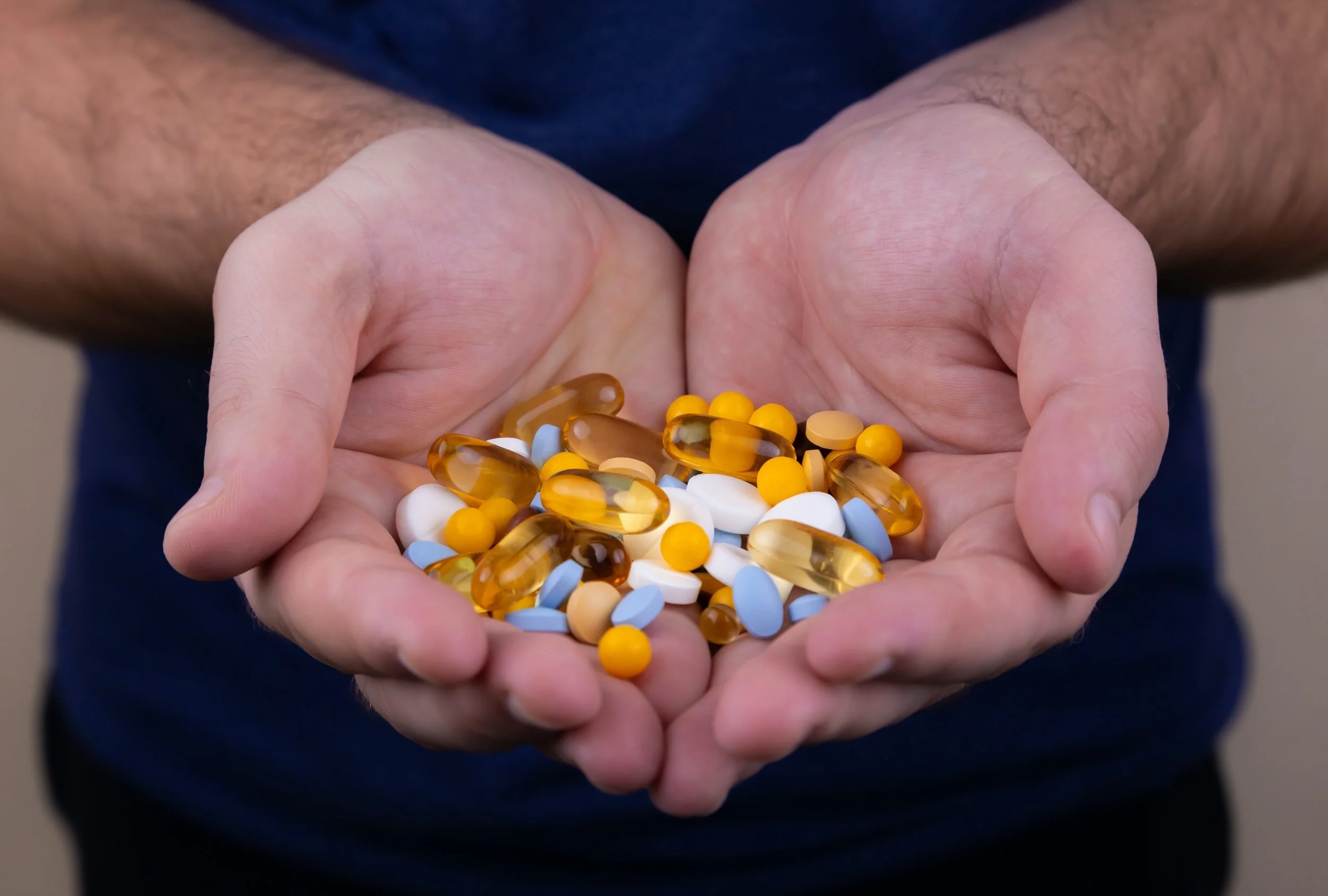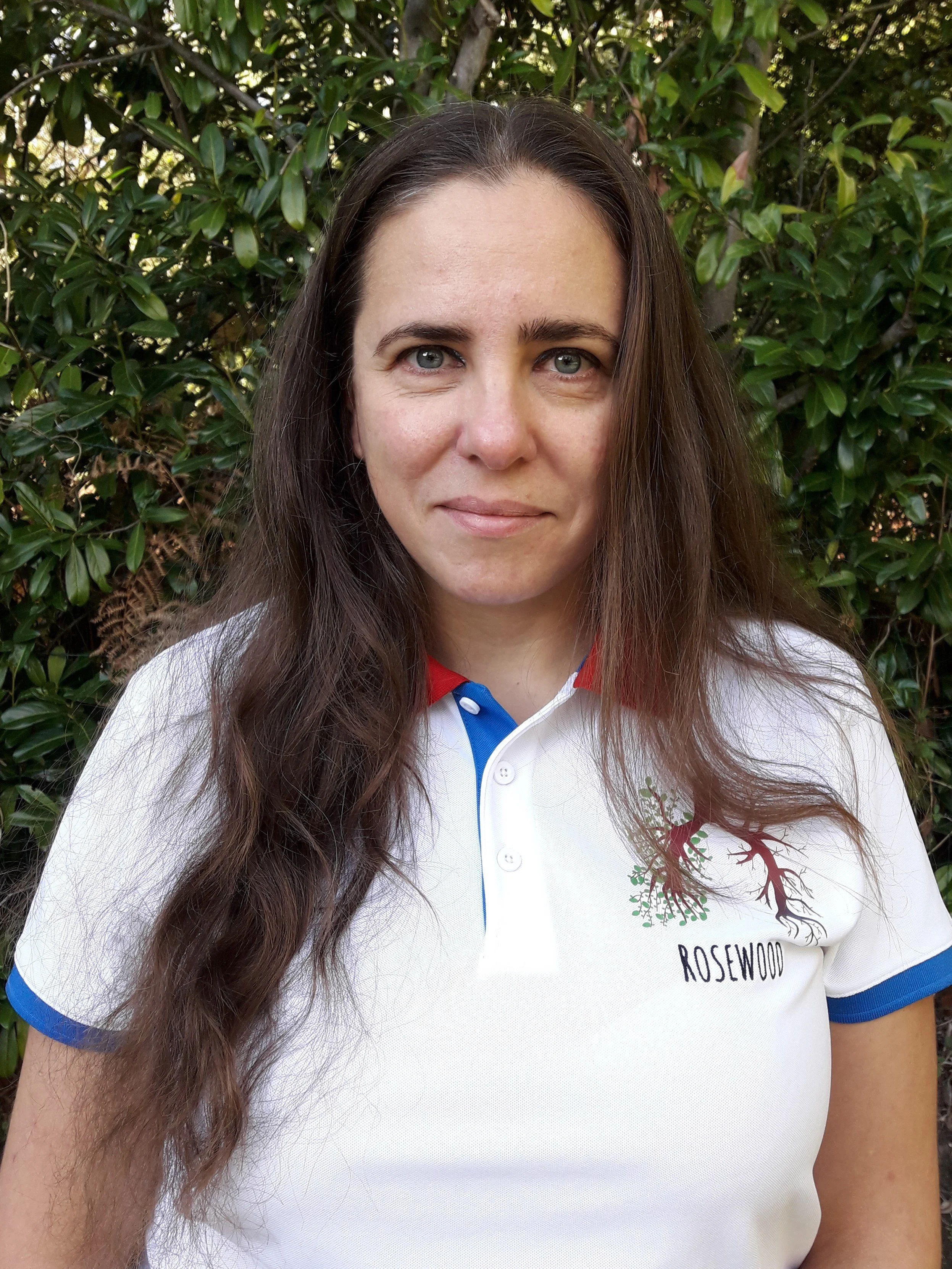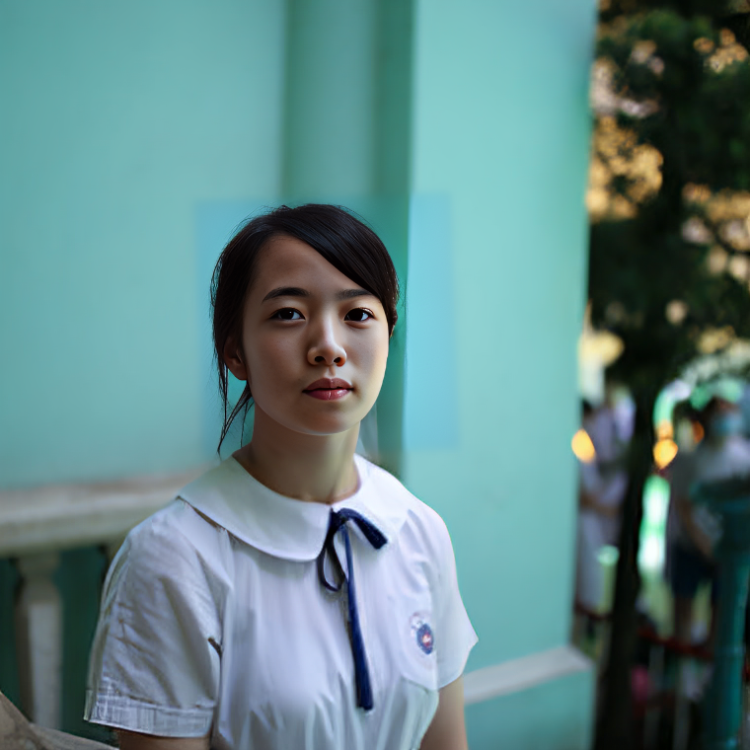Antibiotic Resistance
Every year, the iGEM Competition brings together hundreds of teams around the world to innovate solutions for the pressing challenges of our time using synthetic biology. In this episode of iGEM TV, I invite you to check out my interview with Erikan Baluku as we discuss projects from the iGEM 2021 season that focus on the most impactful silent pandemic of the century – antibiotic resistance.
It's astonishing to see how the teams worked on different aspects of the problem, with some teams focused on detection of antibiotic resistance, while other teams developed new emerging technologies to kill the bacteria. Erikan and I discussed these projects before the 2021 Jamboree took place, and it is exciting to see how these projects came together and to celebrate the accomplishments of the teams:
ARIA
UPF_Barcelona (Spain) developed the Antibiotic Resistance Inference Array (ARIA) that combines advanced algorithms to analyze large amounts of microbe data and resistance-related markers with a library of biosensors and patient-specific information to infer suitable countermeasures.
Gold Medalist, Undergrad Division.
Erikan’s commentary: “This is a great project because the problem has been that people do not realize where the resistance is coming from. They are trying to assess the antimicrobial genes in case you are treating a resistance infection, which will lead to the healing of our patients.”
Explore this project: Presentation | Website
2021 A Resistance Odyssey
Bulgaria (Bulgaria) designed metagenomic tests that could be offered as a service for hospitals and farms so that the data can be analyzed collectively to find genes that lead to antibiotic resistance.
Silver Medalist, Undergrad Division.
Erikan’s commentary: “We have seen the pattern of resistance, it being a public health problem. This is a great initiative because they are detecting bacterial resistance at the scale of a population and see that people are able to understand how you are able to detect resistance.”
Explore this project: Presentation | Website
Debiotics
Think_EDU_China (China) envisioned using the whole cell enzyme biocatalyst Ecn-IL as a means to decompose antibiotic residues in the waste-water and soil, and effectively avoid the accumulation of the antibiotics in animals, which may easily be ingested by humans.
Gold Medalist, High School Division.
Erikan’s commentary: “When people realize the pattern of something, they can understand the measures that are being put in place. I really like this project because where you are creating awareness, you are talking about measures that can help the community to come out of this problem.”
Explore this project: Presentation | Website
ATHELAS
Tüebingen (Germany) engineered Nicotiana benthamiana to create a platform for screening antimicrobial peptides (AMPs), a new class of new potential antibacterial drugs that are part of the innate immune response of eukaryotes and prokaryotes.
Gold Medalist, Overgrad Division.
Erikan’s commentary: “I like the science of this team. Given that plants were used for the development of antibiotics, they can still come and help us combat antimicrobial resistance.”
Explore this project: Presentation | Website
CREscent
Warwick (United Kingdom) developed a method for easily visualizing resistant bacteria on surfaces using fluorescence that can be viewed under UV light, to contain the spread of antimicrobial resistance in hospitals where drains, sinks, and faucets serve as reservoirs.
Gold Medalist, Nominee Best Model, Undergrad Division.
Erikan’s commentary: “Most antibiotic resistance is picked up in hospitals, or from different objects touched while moving around – touching handrails, touching door handles. This project is trying to detect these ‘scattered pathogens’ that evolve resistance. It’s a great initiative.”
Explore this project: Presentation | Website
The iGEM Community is playing a big role in tackling global challenges. I hope you enjoyed learning about how these different proposals, these different solutions fused together to solve the global problem of antibiotic resistance. Be sure to check out other episodes of iGEM TV to discover more stories and adventures of iGEMers as we push the boundaries of synthetic biology to solve the pressing challenges of our time and innovate for the future.
Photo by Volodymyr Hryshchenko on Unsplash







